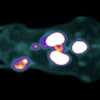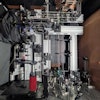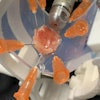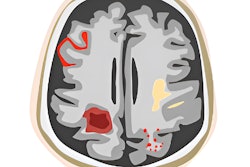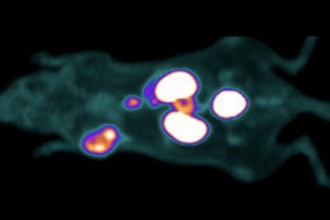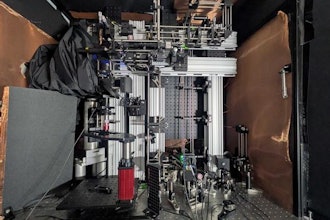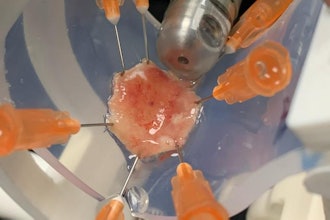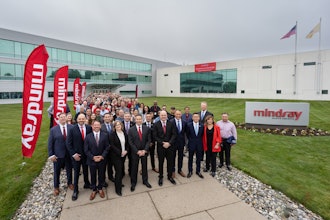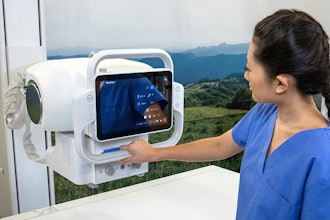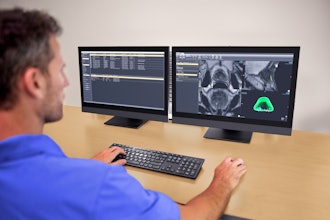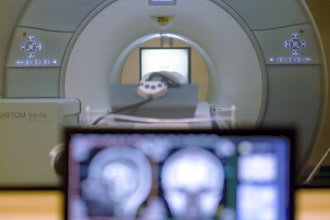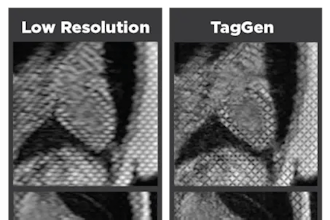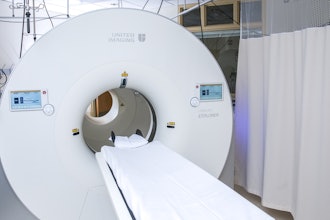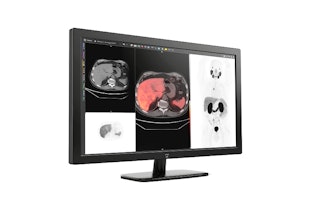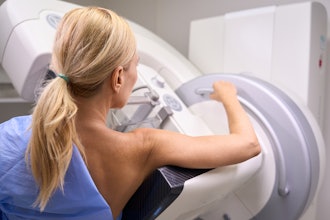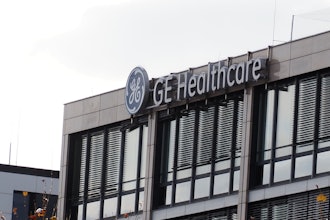
GE HealthCare unveiled three new advanced deep learning image processing and reconstruction solutions as a part of its Effortless Recon DL portfolio at the Radiological Society of North America (RSNA) 2024 Annual Meeting, in Chicago, IL. Understanding the need to improve operational efficiencies within radiology departments and the ongoing challenge of burnout experienced by clinicians, GE HealthCare developed the technologies to deliver exceptional image quality, reduce scan times, and support improved patient outcomes.
The quality of clinical images plays a crucial role in providing accurate diagnoses and optimizing patient care. As technology continues to evolve – deep learning – a subset of artificial intelligence (AI), has emerged as a powerful tool for clinicians. It can positively impact diagnostic accuracy and improve disease detection, which can help improve patient outcomes across clinical specialties.
New Effortless Recon DL solutions address pain points across care pathways
Across healthcare, there is a need for improved image quality to help early diagnosis and treatment for patients. The need is particularly acute in chronic illnesses, such as neurological conditions, cancer, and cardiovascular disease, where incidence rates are increasing globally due to population growth and aging. In fact, 2024 is the first time the U.S. is expected to report more than two million new cancer cases in a year – equaling almost 5,500 cancer diagnoses each day.
Imaging is a critical component to addressing these conditions, ensuring early and accurate diagnosis, as well as ongoing management. More than 80% of hospital visits include early diagnostic imaging across over 23,000 conditions, underscoring the sheer volume of images. While their work is essential, many radiologists suffer from burnout. According to a survey of more than 8,000 radiology professionals included in a 2024 report from the American Society of Radiologic Technologists (ASRT), more than half (54%) reported feeling emotionally exhausted, and 57% felt underappreciated on the job.
Unveiled at RSNA 2024, Sonic DL for 3D is a deep learning innovation designed to reduce MRI scan times by up to 86%. Following the launch of Sonic DL for cardiac imaging, this extension to 3D is expected to offer enhanced resolution for brain, spine, orthopedic, and body imaging – while retaining the same impressive scanning speed of up to 12 times acceleration. For neurology, Sonic DL for 3D is designed to enable high-resolution imaging of complex brain structures, allowing for quicker, clearer insights into neurological conditions.
To assist clinicians in oncology, GE HealthCare’s Clarify DL nuclear medicine solution is designed to enhance bone SPECT image quality, an important factor in increasing diagnostic confidence. In a clinical evaluation, Clarify DL's image resolution was rated as better in 98% of the exams. The AI-powered solution is designed to deliver clear, accurate, and effortless imaging – a stark contrast to today’s noise reduction techniques, that can lower noise at the expense of contrast and resolution. Clarify DL is designed for use with GE HealthCare’s StarGuide SPECT/CT system.
For the growing practice of cardiac CT, GE HealthCare offers TrueFidelity DL with the cardiac kernel, enabling outstanding detail at low doses, with improved visual sharpness for confident reporting and accepted image texture. The value of this AI-powered tool is fully realized when combined with the company’s Revolution Apex platform – which boasts a 0.23 second rotation time for one-beat cardiac imaging – and ECG-less Cardiac solution to acquire cardiac images without the aid of the patients’ ECG signal/trace.

